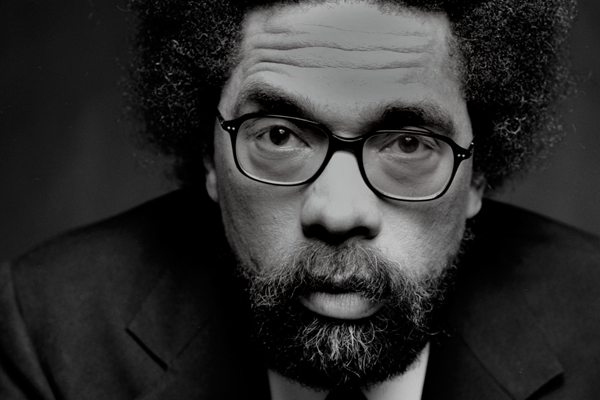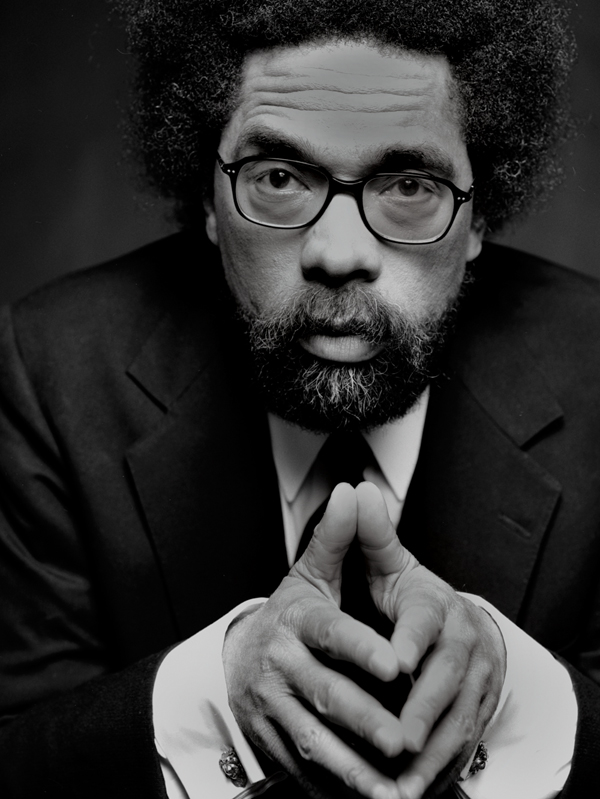The University of Miami, ranked top in student diversity, will celebrate the 50th anniversary of desegregation on campus by inviting Cornel West, a prominent Princeton race relations professor, to speak on Tuesday.
The event is co-sponsored by the Black Awareness Committee, which is part of the United Black Students.
Junior Curie Villarson, the committee’s chair, is excited to see what effect West’s words might have on the UM community, which The Princeton Review of U.S. Colleges and Universities has rated No. 1 in cultural diversity.
“He will show us a perspective that I am sure can only come from an intellectual,” Villarson said.
Anthropology Professor Traci Ardren is the coordinator of the desegregation anniversary planning committee. She also teaches several courses on diversity and grew up in a household where diversity was important.
“My parents were civil rights activists, so when I heard about this anniversary, I knew it was something important to commemorate,” Ardren said.
In 1961, the university’s board of trustees made a decision to admit students regardless of race or color. In addition, UM embraced diversity among the faculty by hiring Whittington B. Johnson in 1970 as its first black professor.
Today, UM’s undergraduate population is 50 percent white, 29 percent Hispanic, 11 percent Asian, 8 percent black and 2 percent of two or more races, according to the school’s main website.
Ardren and other committee members agreed that West would be a good candidate to speak on the topic.
“West has written and spoken about the importance of diversity to academic excellence,” Ardren said. “I know he would be someone that would be exciting to a lot of different people.”
West is a prominent civil rights activist and graduate of Harvard University, who is known for his views on race relations, gender, class and other social issues in American society. He wrote several books on philosophy, race and politics, and has appeared in numerous films and documentaries.
Currently a professor of African-American studies, philosophy and religion at Princeton, West also taught at Union Theological Seminary in New York City, Yale University, Harvard University and the University of Paris.
While at Princeton, West made his mark as the director of the Africana studies program. Mikala Hanson, a sophomore at Princeton, took introduction to African-American studies with West in her freshman year and said it is still one of her most memorable classes.
“I admire the fact that he isn’t afraid to speak his mind and share his own opinion,” Hanson said.
She had not heard much about him before taking his class, contrary to some students at UM.
Many students are looking forward to hearing West speak in person. Freshman Mischael Cetoute, who is a “huge fan” of West, first heard about him coming to campus in his African-American history class. Cetoute considers West to be one of the most important thinkers of this time.
“I believe that his presence on campus will spark some interesting talks,” Cetoute said.
Freshman Gaby Mowatt also believes West is an important figure throughout the African-American community.
“He sets a positive example for young black men because he is a Harvard graduate,” Mowatt said.







